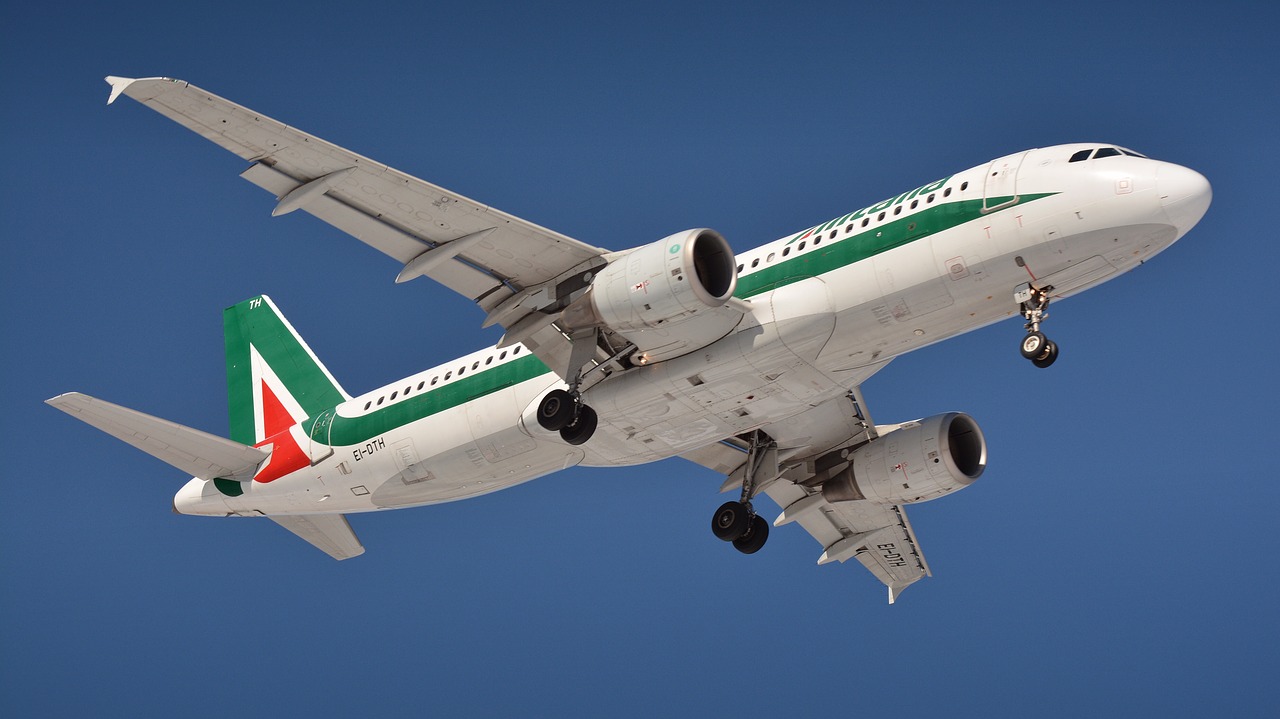What will happen to Alitalia? Facts, comments and analysis

If the approximately 3 billion planned for Alitalia, albeit modest compared to the resources that will be invested in North America , are destined to become mere loot as for the brigands of passage, then all that remains is to hope in Vestager so that this waste does not happen. The comment by Paolo Rubino and Salvatore Santangelo
The interview published yesterday by Il Foglio with Jean-Cyril Spinetta, former head of Air France for over fifteen years, seemed, to those interested in air transport, a symphony of consistency, clarity and vision.
From those who played a leading role in the economy in the fantastic decade between the end of the old century and the early years of the new, he carried out "process reengineering", "stock market listings", "mergers and acquisitions", "outsourcing" and other magic of 'financialized' industry might have expected a legitimate, and very human, paean to that world of a recent past, but now ancient.
Instead, despite his fame will undoubtedly remain anchored to the golden years of the Clinton era, the man has shown to understand the new scenarios, the implications of them for industrial activities, the possible future paths without, however, losing sight of the strategic interests of the macrosystem to which it belongs, to the defense and development of which it has provided its excellent contribution, the French one. Faced with the euphonic reflections of Spinetta, the cacophony of the Italian executives who deal with Alitalia leaves us terrified, to say the least.
The rain of billions of public euros that is preparing to flood the European states in the coming years is the signal of an epochal change in the economic culture of the continent, for which Covid-19 is nothing more than a mere déclic. The long phase, over forty years that began with the Thatcherian revolution, of purging the role of governments from the economy, of deindustrialisation of the West, has perhaps reached the end of its path. The use of the powerful European funds that are arriving requires foresight, strategic planning, clarity of purpose, design creativity. Numerous signs suggest that beyond the Alps, France and Germany, but also other realities of Central Europe, are, albeit with difficulty and contradictions, redesigning themselves in the light of the new scenario. Unfortunately not here in Italy.
Although it is true that close observation allows you to see the chiaroscuro better and worry about it, nevertheless the signs of myopia, backwardness, self-referentiality and pathological selfishness are too many and too little contrasted not to alarm. The political forces of government seem to be seized by their executive power in order not to miss the opportunity to control the massive flows of money arriving, those of the opposition seem to attack their opponents with demagogic vehemence simply to take their place and enjoy the expected bonanza. Neither on the one hand nor on the other is there any sense of a serious, realistic and lasting project for the nation.
In the small portion of the economic system, made up of the aviation sector, the obsolescent thinking and actions of those who deal with Alitalia make a noise in the face of Spinetta's stimulating reflections. Plus two directors and minus twenty aircraft and three, four thousand employees. Proliferation, once again, of the corporate boxes and reduction of the routes served and the sectors of activity. Government parties divided between "Lazzerinians" and "Zenians" as if they were Caesar and Pompey in ancient Rome. It really looks like a Fellini orchestra rehearsal.
Like the orchestral players in the apocalyptic film of forty years ago by the visionary director, everyone is agitated, dresses up as a coach fly, demands his space, pretends to leave the Alitalia affair and everyone does not go beyond the monotonous wait for the director , perhaps blond and with a guttural Germanic accent, who brings order and discipline. The aviation sector, crucial for the economic and social development of communities since the 1930s, will not cease to be so in the future world as well.
In Italy, while rich in tradition and expertise in the field, from the 1980s onwards it was considered ballast rather than a motor, placing lighter and more impromptu sectors of activity at the center of attention and hoping that foreign demiurges could get us out of the mud. of national air transport.
Three serial failures of Alitalia, in 2008, 2014 and 2017 and the extinction of every other national company in the sector have exacerbated the feeling of discomfort of Italians for air transport. If the approximately three billion euros expected for the national carrier, perhaps sufficient to relaunch it if well used, albeit modest compared to the resources that will be invested beyond the Alps and in North America for the respective flag carriers, are destined to become mere loot as for the brigands of passage, then all that remains is to hope in Margrethe Vestager so that this waste does not happen to the detriment of all Europeans.
This is a machine translation from Italian language of a post published on Start Magazine at the URL https://www.startmag.it/smartcity/che-cosa-succedera-ad-alitalia/ on Sat, 10 Oct 2020 09:00:13 +0000.
